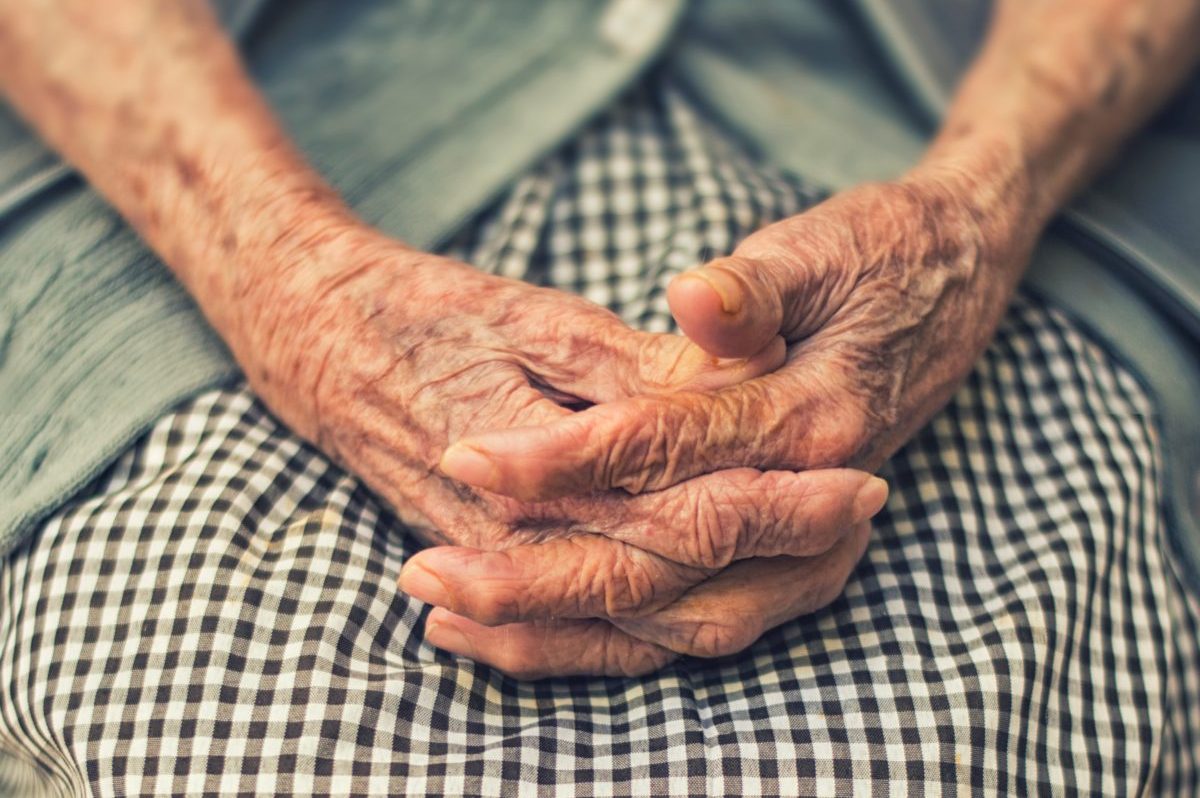New Research: Physical Risks of Loneliness in the Elderly

Photo by Cristian Newman on Unsplash
A recent study by the University of Chicago found that feelings of intense loneliness may increase an older person’s chance of premature death by up to 14 percent. Scientists found that feeling lonely may have close to the same impact on premature death in the elderly as low socioeconomic status, which has been found to increase chances of premature death by 19 percent.
John Cacioppo, professor of Psychology at the University of Chicago, led a team of researchers in studying the various factors that impact a healthy aging process. In particular, the team examined the role of satisfying relationships in an elderly person’s ability to develop resilience, bounce back from adversity and grow from natural stresses of life.
The results showed that loneliness has much more of an impact on health than you might have thought. Health risks that stem from feelings of isolation include: disrupted sleep patterns, heightened blood pressure, increased levels of the stress hormone cortisol (particularly in the morning), altered gene expressions in immune cells, and increased depression.
Some people prefer to be alone, but even those who need daily “alone time” usually benefit from social situations where mutual support is provided and strong connections are made.
Cacioppo, who has studied this issue exhaustively, mentioned several tips that older people can follow to avoid the negative impacts loneliness can have. He stated that staying in touch with former co-workers and friends, keeping up family traditions, and sharing good times with family and friends all give older people the chance to connect with others in a positive way. These activities are particularly important to those who suffer from conditions like blindness, impaired vision, and hearing loss, which may worsen feelings of loneliness and isolation.
Cacioppo’s research team pinpointed three major dimensions of health relationships:
- Intimate connectedness. This comes from having someone in your life you feel affirms who you are.
- Relational connectedness. This is a result of having face-to-face contacts that are mutually rewarding.
- Collective connectedness. This comes from feeling that you’re part of a group or collective beyond individual existence.
Most importantly, the research team stated that the negative impact of loneliness is not so much a result of elderly people who live alone, if they maintain engaging relationships and activities outside their home. It’s not so much physical isolation, but rather a “subjective sense of isolation” that Cacioppo’s research found to be profoundly disruptive, ultimately leading to increased risk of premature death.
Read More: Science Daily